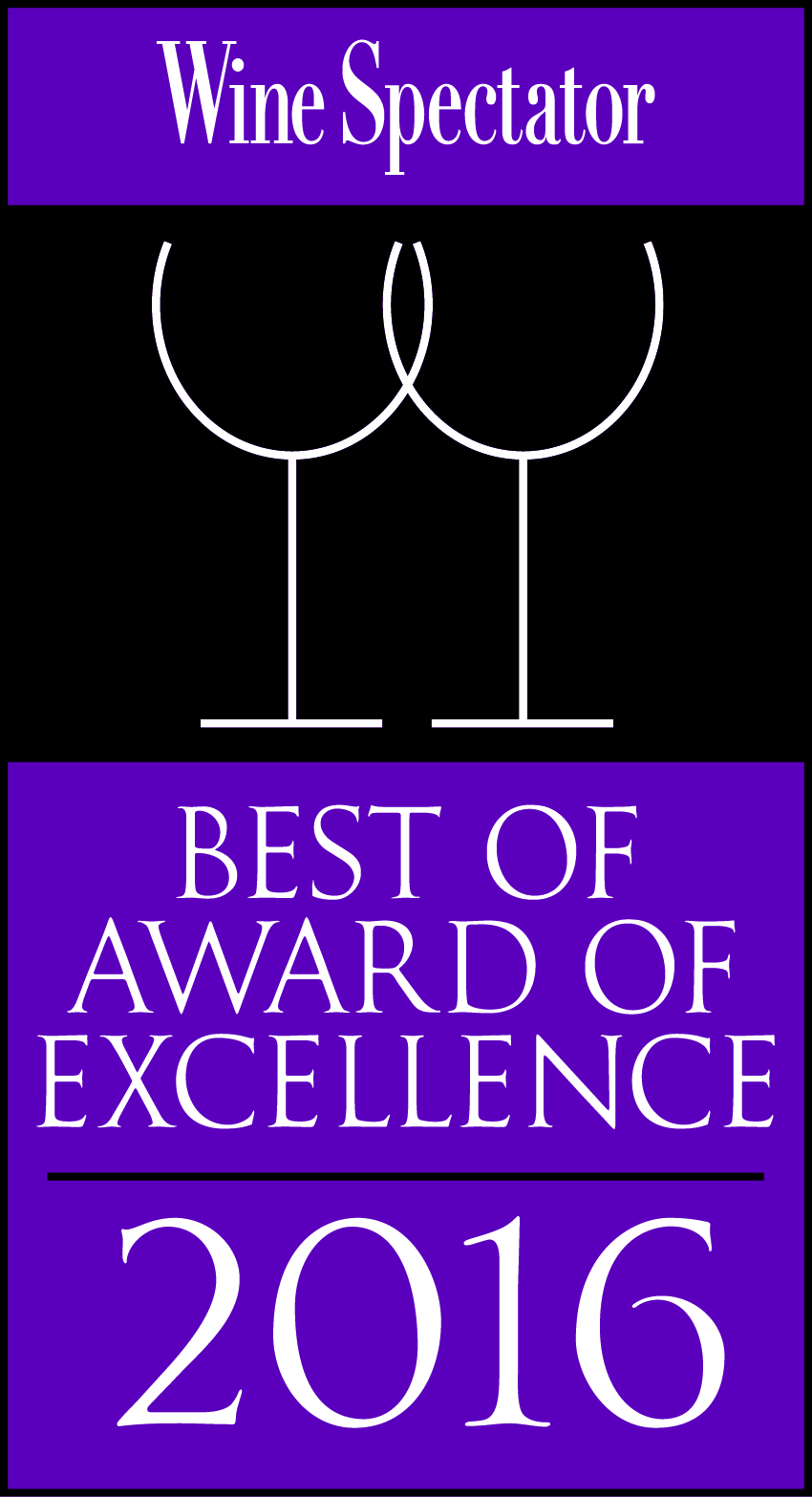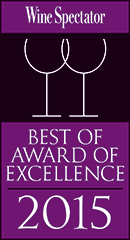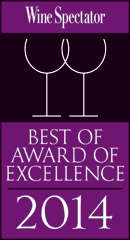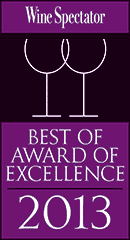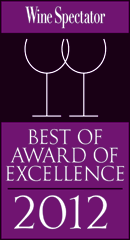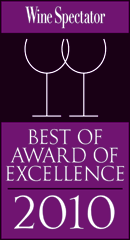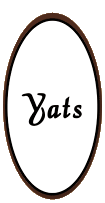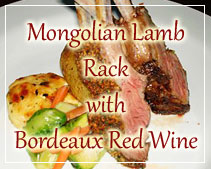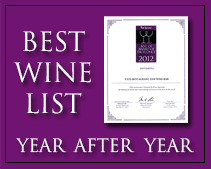Wagyu were derived from native Asian cattle which were crossed with British and European breeds in the late 1800s
Date: December 31, 2010
The word Wagyu refers to all Japanese cattle (“Wa” means Japanese “gyu” means cattle). This breed that produces Wagyu Kobe Beef, which was named for the city where the Wagyu cattle were first bred 172 years ago. The original import of these cattle to the U.S. in 1976 consisted of two Tottori Black Wagyu and two Kumamoto Red Wagyu bulls. That was the only importation of Wagyu into the U.S. until 1993 when two male and three female Tajima cattle were imported and 1994 when 35 male and female cattle consisting of both red and black genetics reached the U.S. Wagyu were derived from native Asian cattle which were crossed with British and European breeds in the late 1800s. Although the breed was closed to outside bloodlines in 1910, regional isolation has produced a number of different lines with varying conformations:
Tajima – These were used to pull carts and ploughs so they developed larger forequarters and lighter hindquarters. They are generally smaller-framed with slower growth rates but produce excellent meat quality.
Tottori – These were pack animals in the grain industry so they are larger animals with straight, strong backlines and generally good growth rates but variable meat quality.
Shimane – These are large-framed cattle with average growth rates and meat quality.
Kochi – These red lines were strongly influenced by Korean lines.
Kumamoto – These red lines have a Simmental influence and were mostly bred in a region where there was an abundance of grassland.
Wagyu is a horned breed and can be either black or red. Black Wagyu animals are perceived to have the best quality meat. Calves are vigorous and average 70 pounds when born. Wagyu are renowned for their marbling, calving ease, early puberty and good fertility, docile temperament, and are hardy and adaptive to different environments.
It takes three years for the cattle to become ready to go to market. They start out in the pastures for twelve months then are put on high energy grain diets for another 500 days. Some methods also include massage techniques and the implementation of Sake, Beer, and even classical music into the daily feeding program. “(“Cattle on 40 pints a day of beer”). This process gives the Waygu Kobe Beef a high quality meat with a great marbling effect and the meat has a creamy type flavor which is influenced by the taste of the fat as it dissolves’ when the meat is cooked. The Waygu beef is graded depending on the amount of marbled fat within the meat, the higher the fat content, the higher the grade, and the more delicious the meat.
*Consumer Health Facts*
Biochemistry tests conducted by Washington State University on Wagyu fatty tissue indicate that the fat from this breed has a healthier fatty acid profile and an unsaturated-to-saturate fat ratio of 2- to-1 instead of the 1-to-1 ratio of regular beef. Because of the Wagyu cattle’s genetic predisposition and special diet including beer and sake , wagyu yields a beef that contains a higher percentage of omega-3 and omega-6 fatty acids than typical beef. The increased marbling also improves the ratio of monounsaturated fats to saturated fats .
“Japanese Meat Grading”
**Wagyu Kobe Beef Marbling Sample**
Extensive fat marbling in slices of high-grade Wagyu beef ***Extensive fat marbling in slices of high-grade Wagyu beef ***
Wagyu ( 和牛 wagyū ? ) refers to several breeds of cattle genetically predisposed to intense marbling and to producing a high percentage of oleaginous unsaturated fat . Also known as, the meat from Wagyu cattle is known worldwide for its marbling characteristics, increased eating quality through a naturally enhanced flavor, tenderness and juiciness, and thus a high market value. Grocery stores in the United States will sell cuts of American Wagyu for $40/lb to $150/lb (€64/kg to €240/kg).
Wagyu Beef
Wagyu Kobe Beef provides a unique natural and healthy eating experience for the consumer that promises a flavour and texture that is unique to the Western world. Rich in marbling and flavour, Wagyu Kobe Beef has been deemed good for your health by recent research. The unique advantage in Wagyu beef is that it contains a much higher proportion of the desirable monounsaturated fats (better for your cholesterol) than any other breed of cattle known in the world. Not only is Wagyu Kobe Beef a great source of essential vitamins and nutrients, it is also higher in unsaturated fats including Omega 6 and Omega 3 oils. These are needed to assist in immune resistance, vision, building cell membranes, blood clotting and blood pressure. Areas of benefit include protection against heart disease, arthritis, depression, Alzheimer’s, high-blood pressure, and anti carcinogenic properties. The concept that ‘all fat is bad’ is being replaced by concepts that type, rather than amount is beneficial to the human body.
Japan
Echoing France’s desire to limit the use of the name ” champagne ” to sparkling wine produced in the Champagne region of France, in November 2006 Japan’s Ministry of Agriculture decided to reject any beef labeled as “Wagyu” from cattle bred outside of Japan. The international Wagyu industry continues to refer to beef with Wagyu genetics as “Wagyu” regardless of its country of origin.
US
In 1976 the first Wagyu bulls, two Tottori Black and two Kumamoto Red, entered the United States. In 1993 two male and three Tajima cattle were imported and then in 1994 a mix of 36 Wagyu cattle were imported from Japan. With more than 10 Wagyu breeders and ranchers currently operating in the United States, Wagyu’s domestic numbers have increased steadily ever since. The largest purebred group of the Wagyu breed of Akaushi cattle outside Japan is located in Texas. It was raised from a Japanese imported herd of 11 which was guarded by off-duty Texas Rangers to protect from interbreeding for over 12 years until the herd grew to over 5,000 cattle.
In Japan, Japanese full-blood Wagyu are typically raised confined in indoor barns to prevent movement and increase marbling while Wagyu cattle in the US are raised in pastures and finished in a feedyard. This breed has been named American Style Wagyu Kobe Beef and was originally produced for export to Japan but is now available world-wide. Designed to mimic the diet that Japanese cattle were receiving, Wagyu cattle in the United States are fed a mixture of corn , alfalfa , barley and wheat straw .
American / Japanese Beef Marbling Standards
“The Wagyu Kobe Beef” – also known as ” Kobe Beef” is the ultimate Japanese Beef. Wagyu Cattle are raised with pride and care all over Japan, and they provide world class quality beef. Wagyu is strictly graded and sorted info five classes by professionals from the Japan Meat Grading Association from A 1 to A 5. A5 is the highest grade of Wagyu Kobe Beef.
One of the most important factors for grading beef quality is “marbling”, which refers to the fine white layers of fat that run through lean beef and intensify flavor and tenderness. “The Wagyu” has excellent marbling that makes it the most flavorful and tender beef in the world! Furthermore, the fat in “The Wagyu Kobe Beef” melts at just 77F (25C), a lower temperature than any other beef. This explains why “The Wagyu Beef ” melts in your mouth for the ulimate burst of flavor from every mouth watering bite.
Are these articles useful for enhancing your wine and dine experience in the Philippines. Do they also help you with travel, leisure, vacation, dining out, nightlife and other leisure activities plans in Philippines? Yats Restaurant hopes to provide you with ample information so you can plan your trips to Pampanga Angeles City Clark Freeport Zone whether you are travelling from Manila or other Asian countries such as Hong Kong, Shanghai, Singapore, Malaysia or Korea.
Restaurant reservations in Philippines, planning of menu, selection of wine for dinner and booking a private function and event in Angeles City Clark Freeport Zone can all be handled. Yats Restaurant and Wine Bar has been regarded by many to be the premier restaurant north of Manila Philippines. Its 3000-line award-winning restaurant wine list has kept many wine lovers happy dining in this restaurant in Angeles City Clark Philippines for over a decade.
Yats Restaurant and Wine Bar was built by Hong Kong-based Yats International in 2000 to provide a world-class fine dining restaurant, business meeting facilities and venues for private dinners and functions in Pampanga Angeles City Clark Freeport Zone. Pampanga Angeles City Clark Philippines was selected for this restaurant because of safety, clean air, absence of traffic and proximity to Manila and Subic.
For comments, inquiries and reservations, email Restaurant@Yats-International.com or call these numbers:
(045) 599-5600 0922-870-5178 0917-520-4401 ask for Ernest or Pedro.
Http://www.YatsRestaurant.com
Getting to this fine dining restaurant of Angeles City Clark Freeport Zone Pampanga Philippines
How to get to this fine-dining restaurant in Clark Philippines? Once you get to Clark Freeport, go straight until you hit Mimosa. After you enter Mimosa, stay on the left on Mimosa Drive, go past the Holiday Inn and Yats Restaurant (green top, independent 1-storey structure) is on your left. Just past the Yats Restaurant is the London Pub.
Source: http://www.wagyukobebeef.com/
